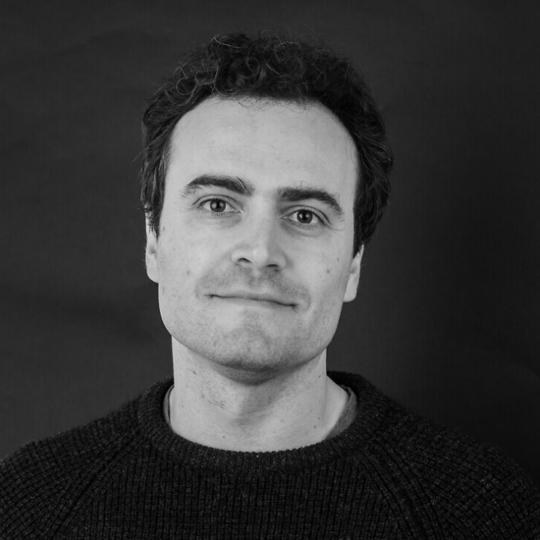| 3 Nov 2021 | 12:30pm - 2:00pm | Online | |
- Description
- About
Description
The seminars provided a supportive, intellectually stimulating environment in which to share work and receive feedback from people in various disciplines.
– Dr Chana Morgenstern (Early Career Fellow in Michaelmas 2018)
Part of the CRASSH Fellows Work-in-Progress Seminar Series. All welcome but please email fellowships@crassh.cam.ac.uk to book your place and to request readings.
Dr John Weisweiler
During my term at CRASSH, I will begin a new research project on public wealth in the Roman world. In some ways, the Roman Mediterranean from the first to the early fifth century CE was an ideal environment for accumulating capital in private hands. Tax-rates were comparatively low. Property-rights were rigorously enforced. The imperial army was small, and warfare was generally restricted to frontier regions of the empire. Thomas Piketty’s theory on capital accumulation would predict that under such conditions, capital owners are able to capture an ever-larger share of surplus, and the size of private fortunes steadily increases over time.
And yet, surviving data from the Roman world do not show a clear trend towards wealth concentration. It seems that the evolution of private wealth in antiquity followed a different logic than in modern capitalist economies described by Piketty. Which features of the Roman economy prevented a similarly inexorable rise in inequality? I will begin to seek an answer to this question by looking at the economic role played by public institutions in the Roman world. The emperor, the Roman state, local municipalities and other state-related bodies not only owned many buildings and infrastructures, but also controlled vast amounts of real estate. Moreover, many valuable assets, such as pastures and irrigation systems, were under shared forms of ownership. I plan to investigate to what extent the strength of such collective institutions may have constrained the scope for the accumulation of private wealth in the Roman empire.
About
I am interested in the social, cultural and economic history of Roman élites. The questions which drive my research are: How does inequality arise? How can it be measured? How is it maintained across generations? And through which means has it been mitigated in the Roman world?
I have just finished a history of the Roman imperial élite, From Republican Empire to Universal State: Emperors, Senators and Local Élites in Early Imperial and Late-Antique Rome (c. 25 BCE – 400 CE), to appear with Pennsylvania University Press. Bridging the gaps between Early Empire and Late Antiquity, and between cultural and economic history, this book explores the differences that separate the Roman senate from the ruling groups of other pre-modern states.
I am also interested in comparative history. I have co-edited a volume on the relationship between local and imperial élites in different ancient empires and am currently finishing another edited volume on the history of value in Antiquity. Taken together, these projects seek to sharpen our understanding of what is distinctive about the history of the Roman Mediterranean by situating it in a larger comparative context.



